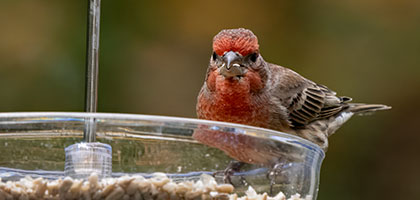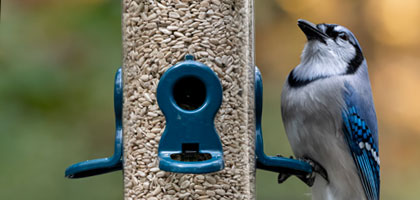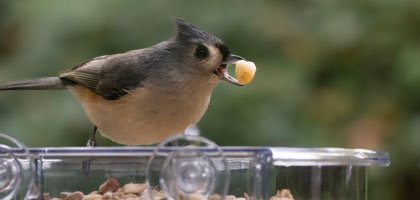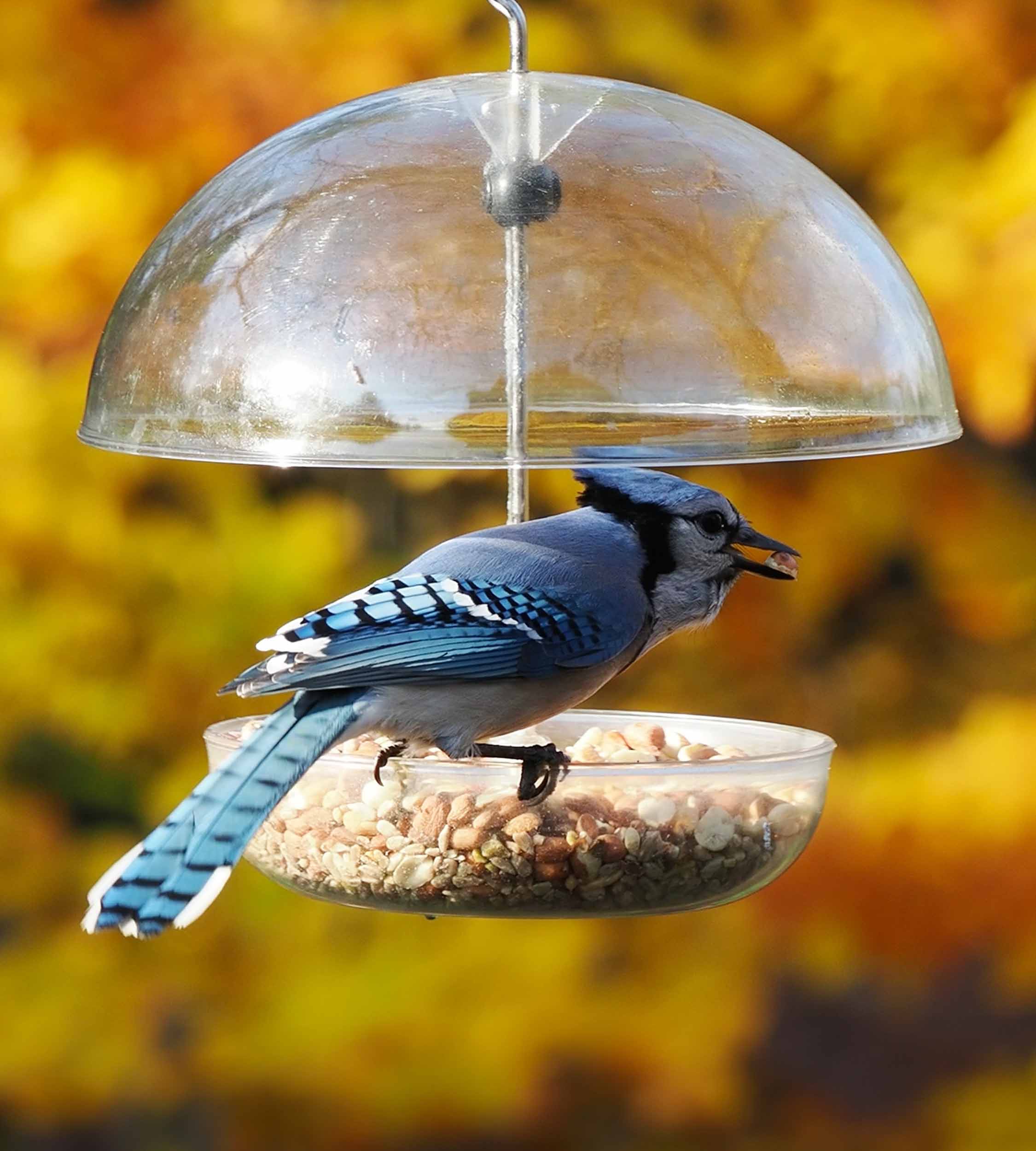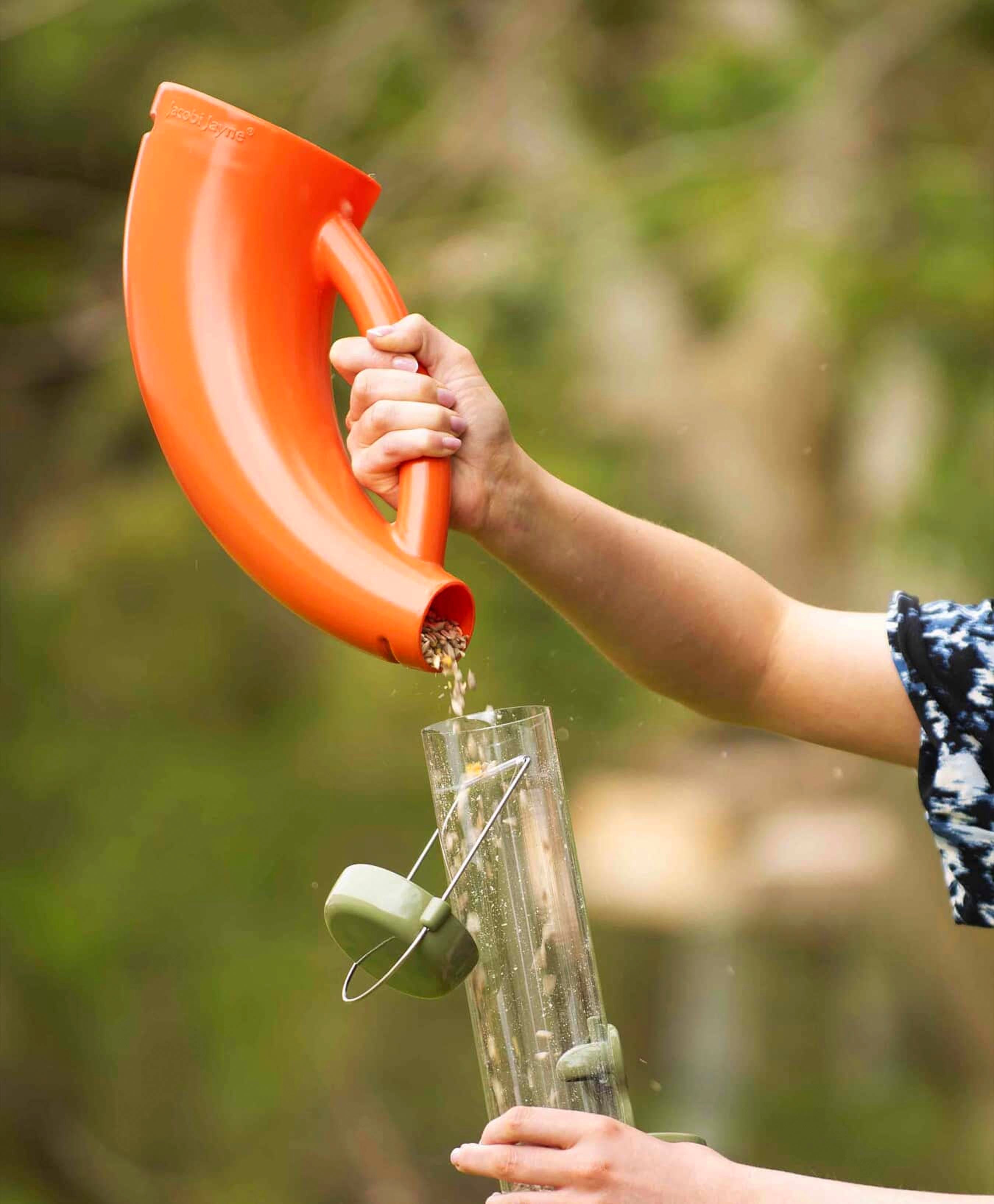Feeding wild birds can be a delightful hobby, offering a chance to observe a variety of avian species up close. However, it's crucial to understand that not all food is suitable for our backyard birds. Providing the wrong food can harm birds, disrupt their natural diet, and affect their health.
Understanding Bird Nutrition
Birds have specific dietary needs that vary across species. While some birds are seed eaters, others may prefer insects, fruits, or nectar. Providing a balanced diet that mimics their natural food sources is essential for their health and well-being.
Common Foods to Avoid
While you may be tempted to share your food with the birds, some items should be strictly avoided. Here are some common foods that are harmful to birds:
Bread and Pastries
Bread, crackers, and other baked goods might seem like convenient bird food, but they lack essential nutrients. Feeding bread to birds can lead to malnutrition, as it fills them up with empty calories.
Salty Snacks
Salt is toxic to birds. Foods like chips, pretzels, and salted nuts can cause serious health issues, including kidney failure. Always ensure that any nuts you provide are unsalted.
Milk and Dairy Products
Birds cannot digest lactose, the sugar found in milk. Dairy products can lead to digestive problems, so it's best to avoid offering milk, cheese, or yogurt.
Chocolate
Chocolate contains theobromine, which is toxic to birds (and many other animals). Even small amounts can be harmful, so never offer chocolate to wild birds.
Raw Meat
Raw meat can spoil quickly and attract unwanted pests. It can also carry bacteria that may be harmful to birds.
Safe Alternatives for Bird Feeding
Now that we've covered what to avoid, let's look at some safe and nutritious alternatives you can offer to wild birds.
Suet Cakes and Suet Pellets
Suet is a high-energy food made from animal fat, perfect for birds like woodpeckers, bluebirds, and chickadees. Suet cakes and pellets can be placed in a suet feeder or large bird feeder. They provide essential fats and can be mixed with seeds and nuts for added nutrition.
Bird Seed Mixes
Seed mixes are a staple in bird feeding. They often include a variety of seeds like sunflower, millet, and nyjer seeds, catering to different bird species. Finches, cardinals, and jays are particularly fond of these mixes.
Peanuts and Nuts
Peanuts and other nuts are excellent sources of protein and fat. Ensure they are unsalted and offered in moderation. A small bird feeder or window feeder can be used to offer these treats.
Fresh Fruit
Fruits like apples, oranges, and berries are favored by many bird species, including orioles and hummingbirds. Offering fresh fruit is a great way to attract these birds to your yard.
Mealworms
Mealworms are a nutritious food source for insect-eating birds like bluebirds and woodpeckers. They are high in protein and can be offered live or dried in a bird feeder.
Special Considerations for Specific Birds
Certain bird species have unique dietary preferences that you can cater to for more targeted feeding.
Hummingbirds
Hummingbirds have a specialized diet of nectar. You can make your own nectar by mixing four parts water with one part sugar. Avoid using honey or artificial sweeteners, as they can harm hummingbirds.
Jays and Woodpeckers
Jays and woodpeckers enjoy nuts, suet, and seeds. Providing a mix of these foods in a suet feeder or large bird feeder will help attract and nourish them.
Finches and Chickadees
Finches and chickadees are fond of small seeds, such as nyjer seeds and sunflower seeds. A small bird feeder is ideal for offering these seeds.
The Role of Bird Feeders
Bird feeders come in various shapes and sizes, designed to cater to different bird species and feeding habits. Here are some common types:
- Suet Feeder: Ideal for offering suet cakes and pellets.
- Large Bird Feeder: Suitable for mixed seeds and nuts, attracting larger bird species.
- Window Feeder: Allows close-up observation and is perfect for offering a variety of foods.
- Small Bird Feeder: Best for small seeds and mixes, attracting finches and chickadees.
Conclusion
Feeding wild birds is a rewarding activity that requires careful consideration of their nutritional needs. By avoiding harmful foods and offering safe, nutritious alternatives, you can support the health and well-being of the birds in your area. Remember, the right food and feeder can make a significant difference in attracting a diverse range of bird species to your backyard.
By understanding what not to feed wild birds and making informed choices, you can enjoy the beauty of these creatures while contributing to their health and vitality.
